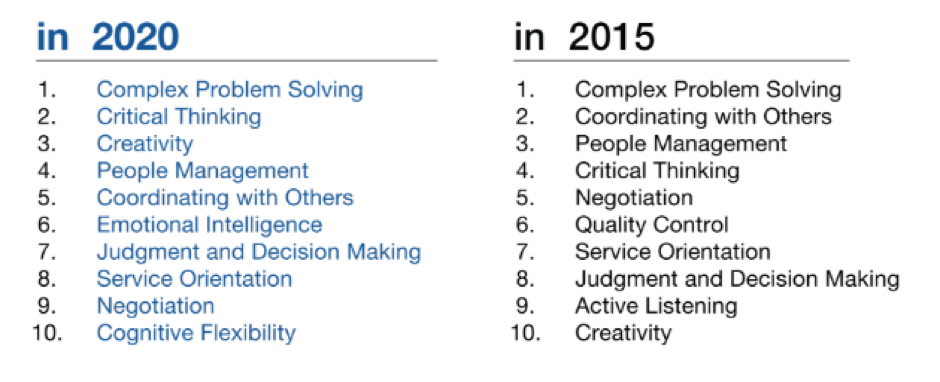I use the definition of innovation from George Couros in his book: “Innovation Matters”. It’s simple really – it’s a way of thinking. In my line of work, I often hear a number of ‘buzz’ words that get thrown around and used within conversations. Therefore, having a shared understanding of what innovation is needs to be the first step for this posst. So, before I commence my ramblings, I want to make sure the reader understands the perspective I am coming from. “Innovation is something that is both new (either invention or iteration) and better. Innovation is not about the “stuff”, but about a way of thinking.” http://sumo.ly/DoVI
In the last 2 weeks I’ve had conversations with school leaders as well as young entrepreneurs – with the one group it’s about how can we lead learning in schools so that students are future ready and with the other is about how to fill the gap between the education students have received and the needs of their future employers, ie are they job ready? Both conversations requiring innovative thinking, out of the box but innovation within the constraints (parameters?) that all organisations face.
The conversations kept on circling around VALUES and SKILLS. Due to the uncertainty of what the future looks like, and the constant question of “how do you know that this is what is needed for the students or the workforce”, we kept coming back to these two words, and discussions around the values and skills that students need to have. There was also an acknowledgement that students progress at different rates and while someone may not be ‘job ready’, they may have the potential that just needs to be unlocked to get to that stage.
Our conversations were innovative because it required thinking about new and better ways in which we can deliver the education we promise to students and parents in order for them to be ready for the unknown future. Current research from the World Economic Forum reveals ongoing work in the field of ‘Jobs for the future’, the 4th Industrial Revolution and the top 10 skills most desired by employers by 2020 (review the featured image).
The skills that did not make the 2020 list were Quality Control and Active Listening, while the two new ones were Emotional Intelligence and Cognitive Flexibility. Depending on how you interpret the two new ones, you could argue that Active Listening is required for both Emotional Intelligence and Cognitive Flexibility and that is something you can develop within your own organisation. Therefore, if these are the skills required by employers by 2020 (and no doubt there will be a new list created by then to adjust for shifting times), the challenge remains for those of us who are beyond schooling, to use innovation to ensure our young people are ready for an unknown future and job ready. In addition, while Innovation is a way of thinking, it implies (requires) that one needs to not only think of a new and better way but also provide ideas for what that will look like, in schools or for young entrepreneurs.
Until next time ….
